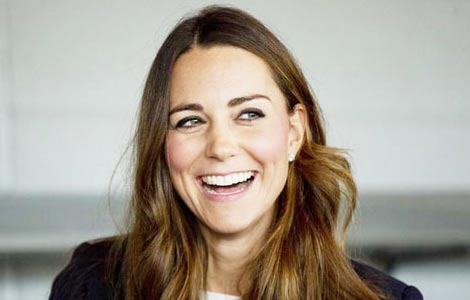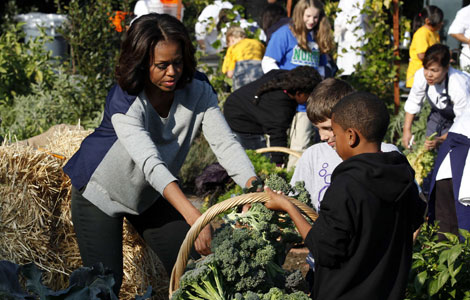And his number will always hang in the rafters. Iverson's No. 3 will be retired on March 1 against Washington.
The 38-year-old Iverson had not played an NBA game since Feb 20, 2010, in his second, short-lived stint with the Sixers. The 6-foot, 165-pound guard also played for Denver, Detroit and Memphis over a 14-year career that has him 19th on the career scoring list with 24,368 points.
He also played in Turkey before realizing the NBA doors would not open for him again.
"I thought that once this day came, it would be basically a tragic day," Iverson said. "I never imagined the day coming, but I knew it would come. I feel proud and happy to say that I'm happy with my decision and I feel great."
Iverson always proclaimed his love of Philly, the fans and the Sixers and swore he wanted to end his career with the franchise that made him the No. 1 overall pick in the 1996 draft.
He fearlessly crashed the lane against players nearly a foot taller than him, played through countless injuries and added the pizazz that was missing in what was a staid franchise. He transformed the 76ers from lottery losers to contenders, though he couldn't bring home an NBA title to this championship-starved city. He came close in 2001, when the 76ers lost to the Los Angeles Lakers in the NBA finals.
Iverson was arguably one of the four greatest Sixers, compiling a sparkling resume that put him in the mix with Erving, Wilt Chamberlain, and Charles Barkley. His No. 3 jersey was a best seller around the globe, the headband wrapped snugly around his cornrows, and the tattoos were as much a part of his image as the way he ricochets around the court. Play every game like it was his last was more than a catchphrase, it was a lifestyle.
"My whole thing was, just being me," Iverson said. "Now, you look around the NBA and all of them have tattoos, guys wearing cornrows. You used to think the suspect was the guy with the cornrows, now you see the police officers with the cornrows. You know what I'm saying? I took a beating for those types of things."
From the throwback jerseys to the bling in his ears, Iverson shaped a generation of kids that star in today's NBA.
"He made it cool to be a hip kid," Heat guard Dwyane Wade said.
Iverson's years in Philadelphia were marred by arrests in 1997 for carrying a concealed weapon and for possession of marijuana and in 2002 over a domestic dispute with his wife. He was sentenced to community service in 1997 and all charges were dropped against him five years later.
Then there was the never-released rap album, which drew criticism from civil rights groups and got Iverson a reprimand from NBA commissioner David Stern because of its offensive lyrics.
"I made a lot of mistakes, a lot of things I'm not proud of," he said. "But it's only for other people to learn from."
Iverson and Brown were a volatile combination during the six seasons they spent together in Philly. Brown criticized Iverson for taking too many shots and accused him of being selfish at times.
Iverson often arrived late for practice or missed them entirely. In one infamous blowup at the end of the 2002 season he repeated the word "practice" nearly 20 times during a rambling monologue. Iverson said he had no regrets about what he said, or any part of his career, including his beefs with Brown.

 Post-baby Duchess
Post-baby Duchess
 Victoria Beckham S/S 2014 presented during NYFW
Victoria Beckham S/S 2014 presented during NYFW
 'Despicable' minions upset Depp's 'Lone Ranger' at box office
'Despicable' minions upset Depp's 'Lone Ranger' at box office
 'Taken 2' grabs movie box office crown
'Taken 2' grabs movie box office crown
 Rihanna's 'Diamonds' tops UK pop chart
Rihanna's 'Diamonds' tops UK pop chart
 Fans get look at vintage Rolling Stones
Fans get look at vintage Rolling Stones
 Celebrities attend Power of Women event
Celebrities attend Power of Women event
 Ang Lee breaks 'every rule' to make unlikely new Life of Pi film
Ang Lee breaks 'every rule' to make unlikely new Life of Pi film














